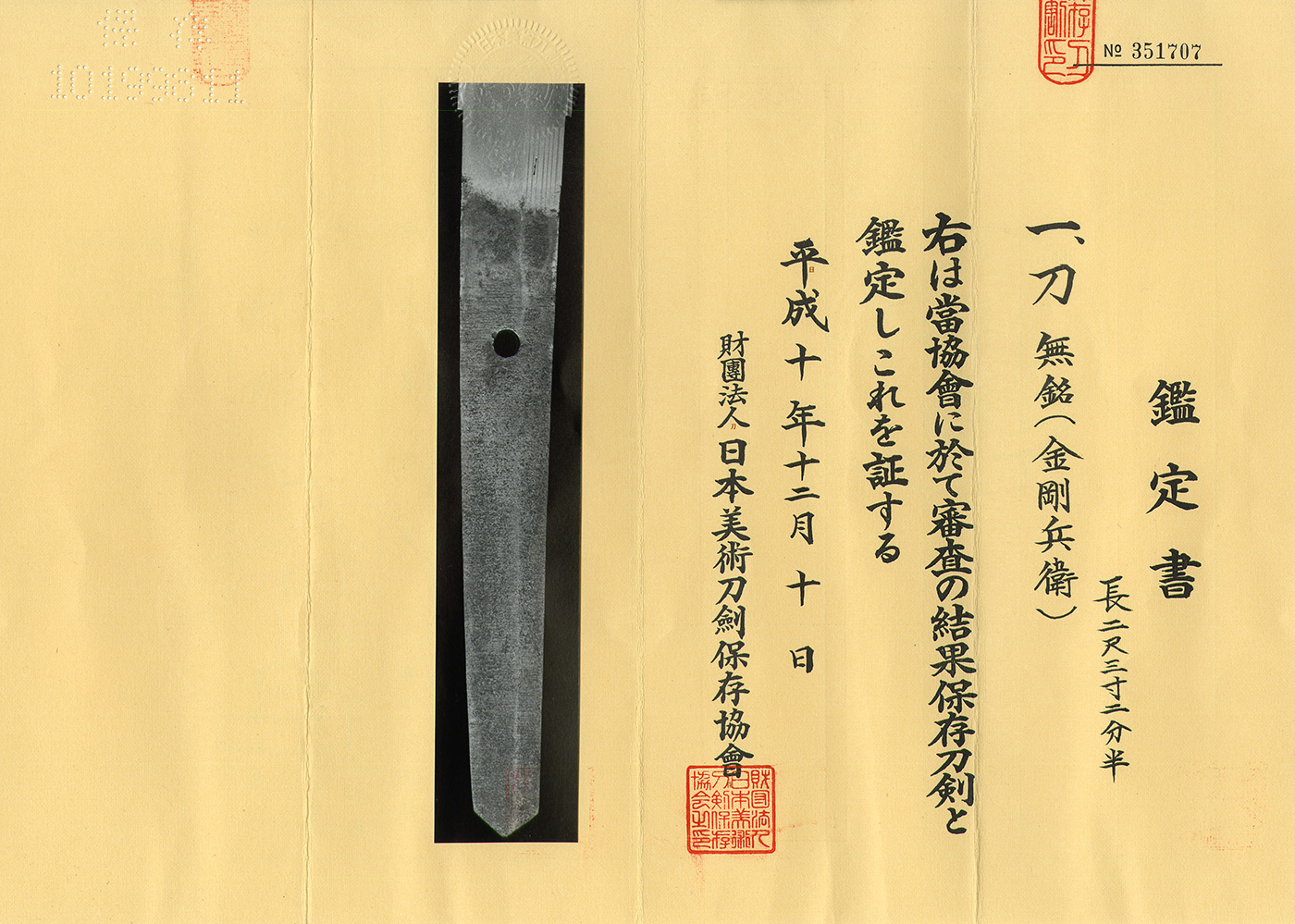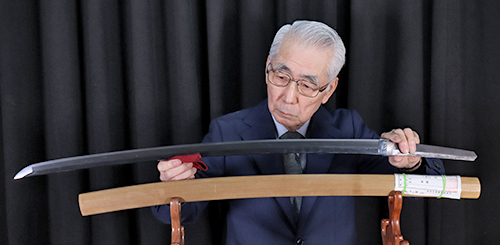Bid History
Auction has expired
Highest bidder was : antic
|
antic
2025/05/04 (Sun) 04:58 |
¥422,000 |
|
jpgivre
2025/05/04 (Sun) 04:58 |
※ ¥421,000 |
|
jpgivre
2025/04/29 (Tue) 04:35 |
¥420,000 |
|
Auction started
2025/04/27 (Sun) 10:14 |
|
※ = Auto

 日本語
日本語






